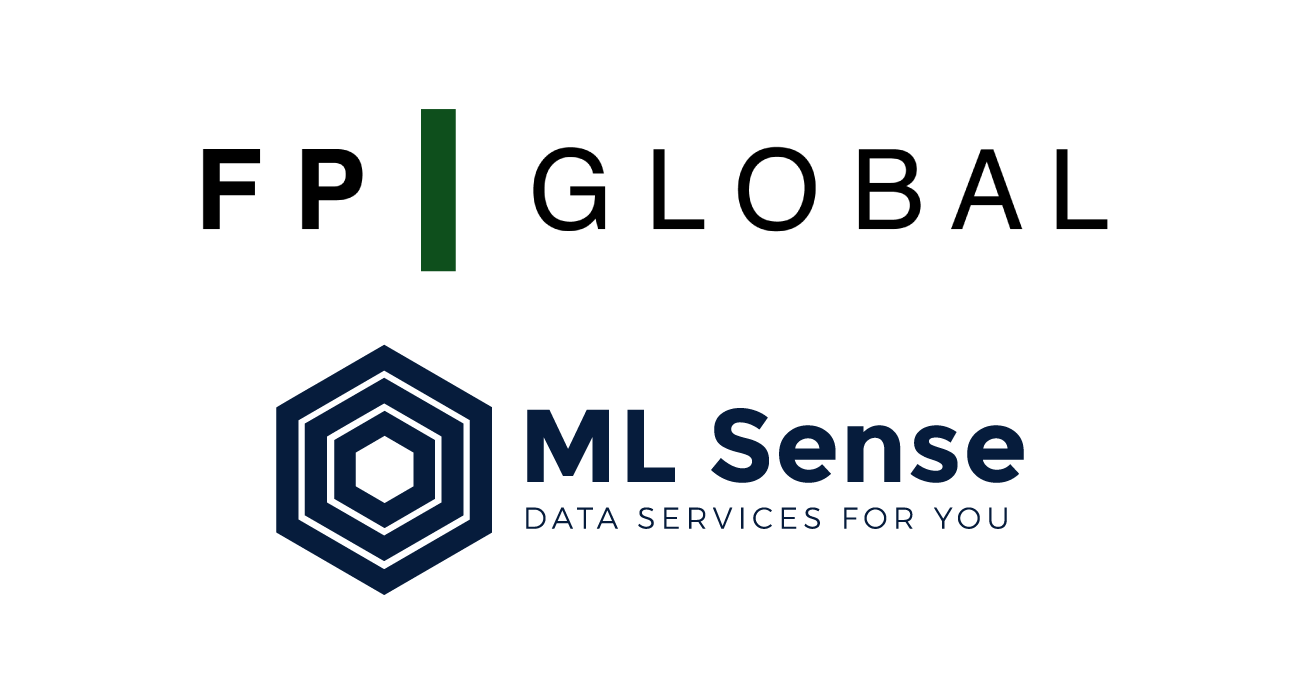Latest Insights
October 23, 2023

In the world of recruiting, the topic of salary expectations is often met with mixed feelings. It's a practice that's frequently discussed, and as a recruiter, I've witnessed how it impacts candidates and employers.
Do you have to reveal your last-drawn salary to a prospective employer?
Let's delve into this question and the broader discussion about salary disclosure in the recruitment process.
The Pros
1. Finding the Right Fit:
One of the primary benefits of discussing salary expectations with candidates is that it helps us, as recruiters, better understand what opportunities align with their career aspirations. It's not about underselling candidates; it's about finding the right match. Knowing a candidate's salary expectations allows us to explore positions that fall within their desired range.
2. Efficient Matching:
By having this information upfront, we can streamline the placement process. It enables us to present candidates with job opportunities that are not only a good fit in terms of skills and experience but also align with their financial goals.
The Cons
1. Transparency Concerns:
I understand that candidates may worry about sharing their past salaries or expectations due to concerns about privacy and the fear that this information could be shared with potential employers. As recruiters, it's essential to assure candidates that their expectations are confidential.
2. Potential for Bias:
Another concern is that sharing salary expectations can lead to bias in the hiring process. It's crucial for us as recruiters to ensure that candidates are judged on their qualifications and experiences rather than their salary expectations.
My Advice
1. Recruiters and interviewers should initiate a conversation with candidates who decline to share their pay history.
The reluctance to share this data often stems from past negative experiences. Employers must assure candidates that they won't face the same issues. It's about building trust in the hiring process.
2. As the hiring landscape continues to evolve, candidates should have the right to choose whether to disclose their last-drawn salary.
But as stated in the article, there is an advantage to disclosing it. At the bare minimum, I would suggest sharing your expected compensation with a potential employer and asking for the budget of the role, ensuring everyone is aligned.
3. Companies, too, need to adapt to this changing landscape. It's essential to understand that a candidate's capabilities can't be solely defined by their past earnings. The focus should always be on their potential and the role's requirements.
Let's keep the dialogue going on this important aspect of the job search.
Do you believe in disclosing your last-drawn salary, or do you prefer a more confidential approach? Share your thoughts, and let's keep the conversation alive!
About the Author
Share This Article
Articles You May Like













